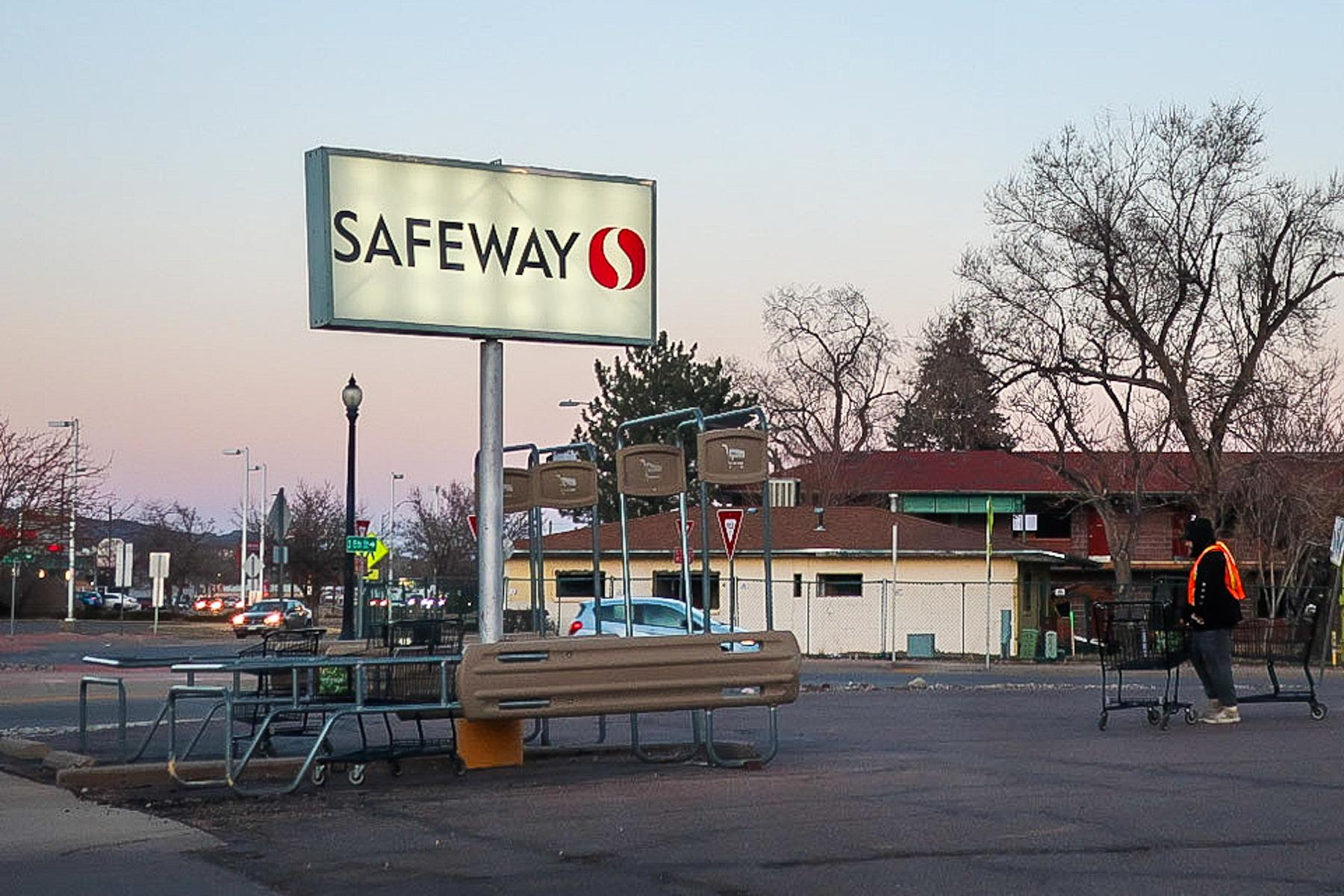
After nearly a month of testimony, Colorado’s case against the megamerger of supermarket giants Kroger and Albertsons drew to a close Thursday. It’s still an open question as to what happens next.
The deal, which would be the largest supermarket merger in U.S. history, is facing numerous legal challenges at both the state and federal level from regulators and public officials who argue it will reduce competition in the grocery industry.
The fate of the merger is now in the hands of three separate courts. The Federal Trade Commission sought a preliminary injunction to block the deal at a district court in Portland, Oregon, in a trial that ended last month. Meanwhile, Washington state wrapped up its own separate lawsuit to stop the deal this week.
It’s not certain which court will issue a ruling first. Denver District Court Judge Andrew J. Luxen didn’t give a timeline for when he will reach a decision.
What's going on with Kroger and Albertsons?
Kroger, the largest grocer in Colorado, owns King Soopers and City Market. Albertsons owns Safeway.
Colorado Attorney General Phil Weiser is suing to block the $25 billion merger on the grounds it will raise prices and be bad for shoppers. Kroger and Albertsons argue the merger is necessary to compete with the likes of Amazon, Walmart and Costco.
The supermarket giants agreed to sell 579 stores nationwide to New Hampshire-based C&S Wholesale Grocers, including 91 stores in Colorado, to address concerns the combined company would create a monopoly in areas with significant overlap. If the deal goes through, C&S will take over Colorado’s Safeways.
Here are a few highlights from the merger trial that were reiterated during the closing arguments:
The state argued the divestiture plan with C&S Wholesale Grocers is destined to fail. The AG’s office submitted emails and text messages between C&S executives as evidence that allegedly showed C&S isn’t committed to keeping the stores it buys. Instead, it’s looking to use the purchase to shore up its much larger wholesale distribution business, which could lead to store closures, according to state attorneys. C&S has said it doesn’t plan to close stores.
The state presented emails between company executives to support its allegation that Kroger and Albertsons entered into unlawful no-poach and non-solicit agreements when King Soopers workers were on strike in 2022. The state charges that Albertsons agreed not to hire Kroger workers or go after their pharmacy customers during the strike.
The state argues Coloradans in mountain communities, already paying higher grocery prices, could be hurt more if the merger goes through.
Kroger’s counsel asserted that the company is focused on lowering its prices to compete with Walmart. The merger with Albertsons will give Kroger the scale it needs to further lower prices, according to defense counsel. Kroger’s counsel also argued the real monopolist threats for consumers come from competitors like Amazon, Walmart and Costco.
Kroger has said it intends to lower prices by $1 billion nationwide following the merger. That would include $3 million dollars per year at every store in Colorado, counsel said.








